Artificial Intelligence Is Developing A Sense Of Smell: What Could A Digital Nose Mean In Practice?
2 July 2021
We already know we can teach machines to see. Sensors enable autonomous cars to take in visual information and make decisions about what to do next when they’re on the road.
But did you know machines can smell, too?
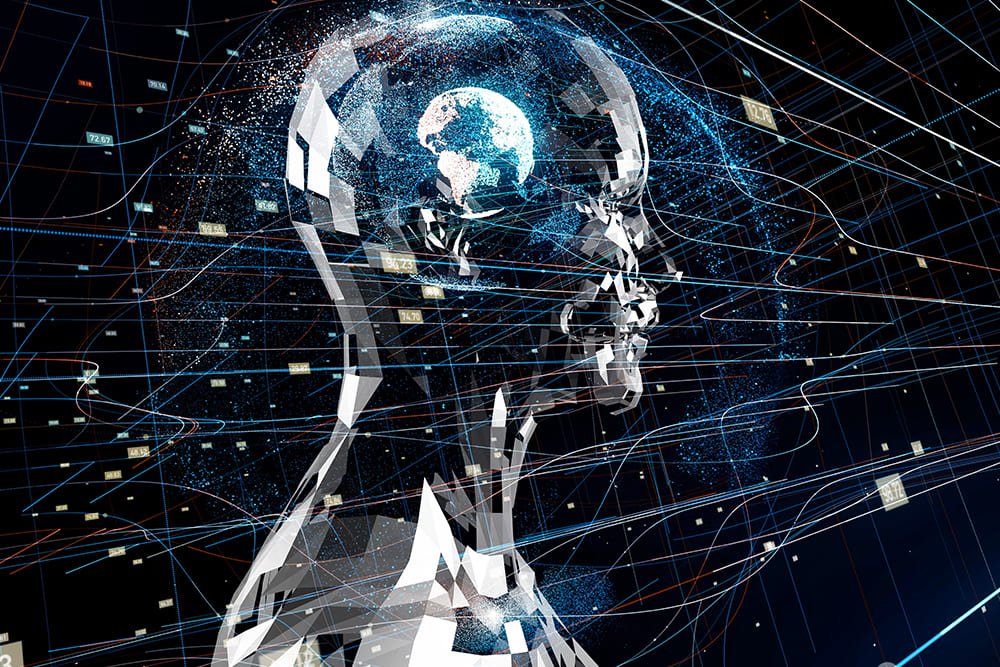
Aryballe, a startup that uses artificial intelligence and digital olfaction technology to mimic the human sense of smell, helps their business customers turn odor data into actionable information.
You’d be surprised how many practical use cases there are for technology like this. I interviewed Sam Guillaume, CEO of Aryballe, and asked him how digital olfaction works, how it’s currently being used on the market, and what his predictions are for the future of fragrance tech.
Our human noses work by processing odor molecules released by organic and inorganic objects. When energy in objects increases (through pressure, agitation, or temperature changes), odors evaporate, making it possible for us to inhale and absorb them through our nasal cavities.
The odors then stimulate our nasal olfactory neurons and the olfactory bulb. Our brains pull together other information (like visual cues and memories of things we’ve smelled before) to identify the smell and decide what to do next.
Digital olfaction mimics the way humans smell by capturing odor signatures using biosensors, then using software solutions to analyze and display the odor data. Artificial Intelligence (AI) interprets the signatures and classifies them based on a database of previously collected smells.
“Over the last few years, technology has allowed us to essentially duplicate the way human olfaction actually works,” Guillaume says. “And by porting this technology to readily available techniques like semiconductors, for instance, we can make sensors that are small, convenient, easy to use, and cheap. In terms of performance and its ability to discriminate between smells, it’s pretty close to the way your nose works.”
So how does all this digital olfaction data turn into valuable insights for companies?
Odor analytics can help companies do things like:
- Engineer the perfect “new car” smells in the automotive industry
- Predict when maintenance needs to be done in industrial or automotive equipment
- Automatically detect food spoilage in consumer appliances
- Reject or approve raw material supply
- Reduce R&D time for new foods and beverages
- Ensure fragrances of personal care products like deodorants and shampoos last for a long time
- Give riders peace of mind on public transportation by emitting an ambient smell
- Create personal care devices and health sensors that use odors to detect issues and alert users
In the future, companies like Aryballe will potentially be collaborating on projects that will create digital odor libraries for companies, or even creating devices that help COVID-19 patients recover their sense of smell.
Look for more advances as we can continue to find ways to teach computers how to sense the world around them and use the data they collect to help us in our everyday lives.
Find out more about Aryballe’s technology here, and learn more about machine learning and artificial intelligence on my blog.
You can watch my full interview with Aryballe CEO Sam Guillaume here:
Where to go from here
If you would like to know more about , check out my articles on:
- Are Alexa And Siri Considered AI?
- How To Put AI Into A Business To Accelerate Performance?
- What Is The Impact Of Artificial Intelligence (AI) On Society?
Or browse the Artificial Intelligence & Machine Learning library to find the metrics that matter most to you.
Related Articles
How Generative AI Will Change The Job Of Real Estate Agents
Real estate agents and other professionals in their industry are in the business of selling good old-fashioned solid bricks and mortar.[...]
How BCG Is Revolutionizing Consulting With AI: A Case Study
In a world where AI is transforming every sector, companies are constantly seeking ways to gain a competitive edge.[...]
The Biggest Education Trends Of The Next 10 Years
Education is changing rapidly. In today’s fast-moving world, a model where we graduate in our youth prepared for a lifelong career is simply no longer valid.[...]
Is This AI’s IPhone Moment?
Today, the term “iPhone moment” is frequently used to refer to a technology breaking through into the mainstream.[...]
AI Politicians: The Future Of Democracy Or A Threat To Freedom?
2024 is a big year for democracy, with over two billion of us voting in elections across the US, India, the EU, the UK and many other countries and territories.[...]
How Mailchimp Hopes To Build The End-To-End AI Solution For SMEs
I often write about AI's potential to transform any business. Yet, a question I frequently get from small businesses is, "Does that really include us?"[...]
Sign up to Stay in Touch!
Bernard Marr is a world-renowned futurist, influencer and thought leader in the fields of business and technology, with a passion for using technology for the good of humanity.
He is a best-selling author of over 20 books, writes a regular column for Forbes and advises and coaches many of the world’s best-known organisations.
He has a combined following of 4 million people across his social media channels and newsletters and was ranked by LinkedIn as one of the top 5 business influencers in the world.
Bernard’s latest book is ‘Generative AI in Practice’.





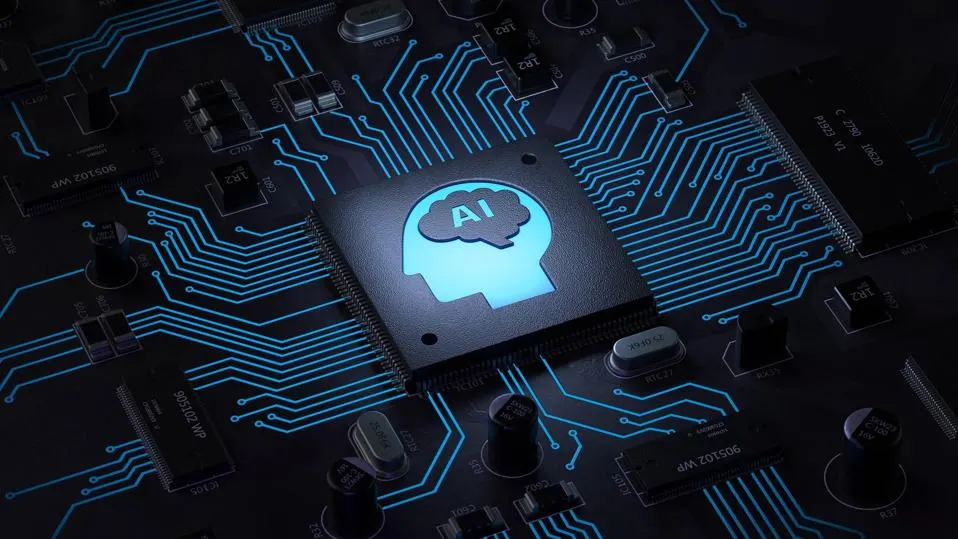
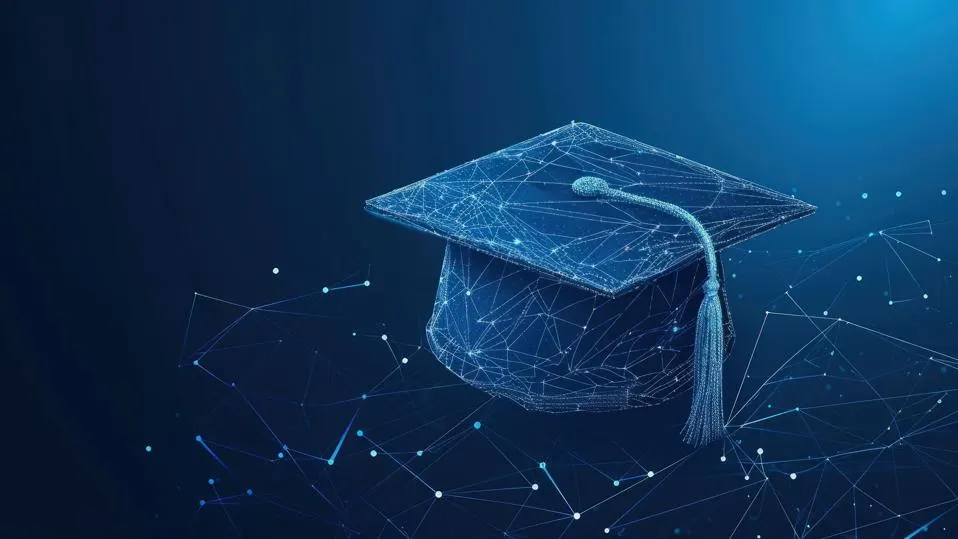

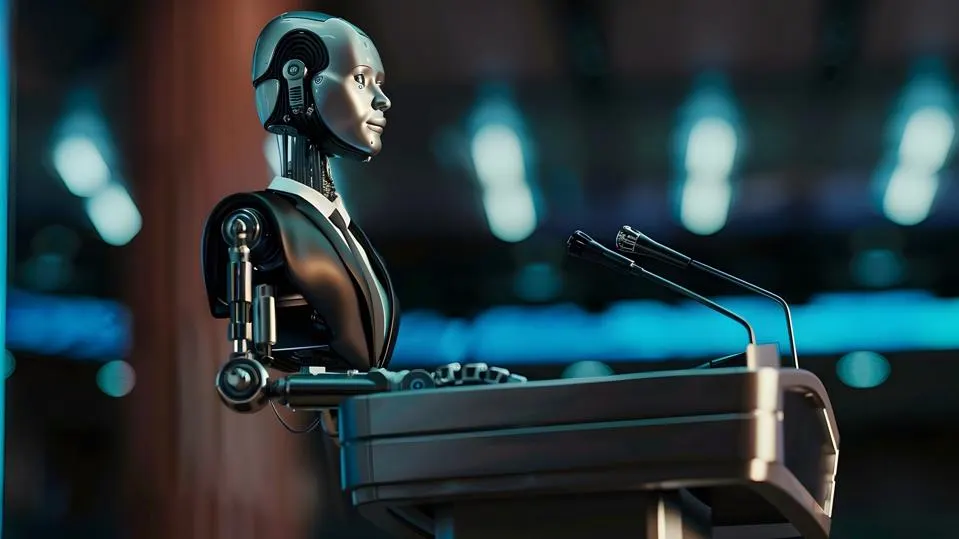
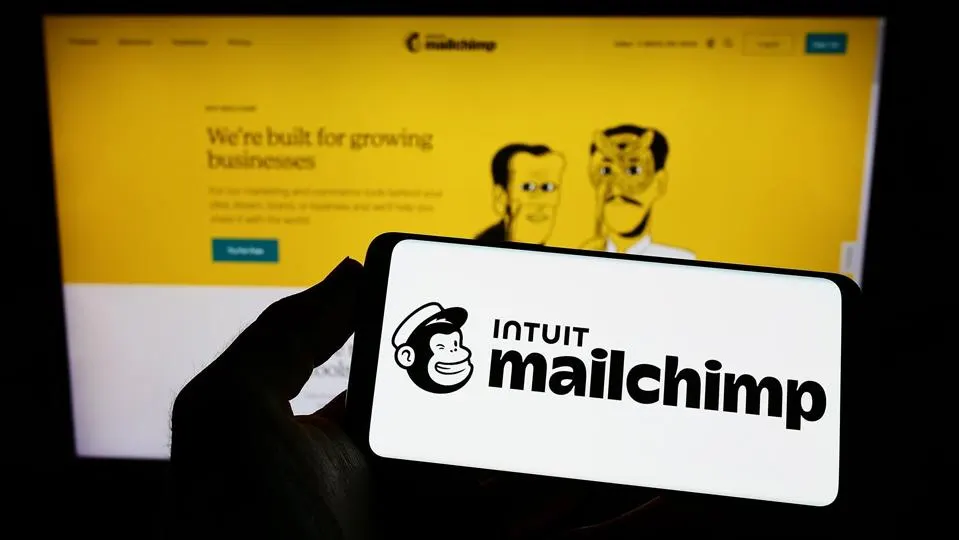
Social Media